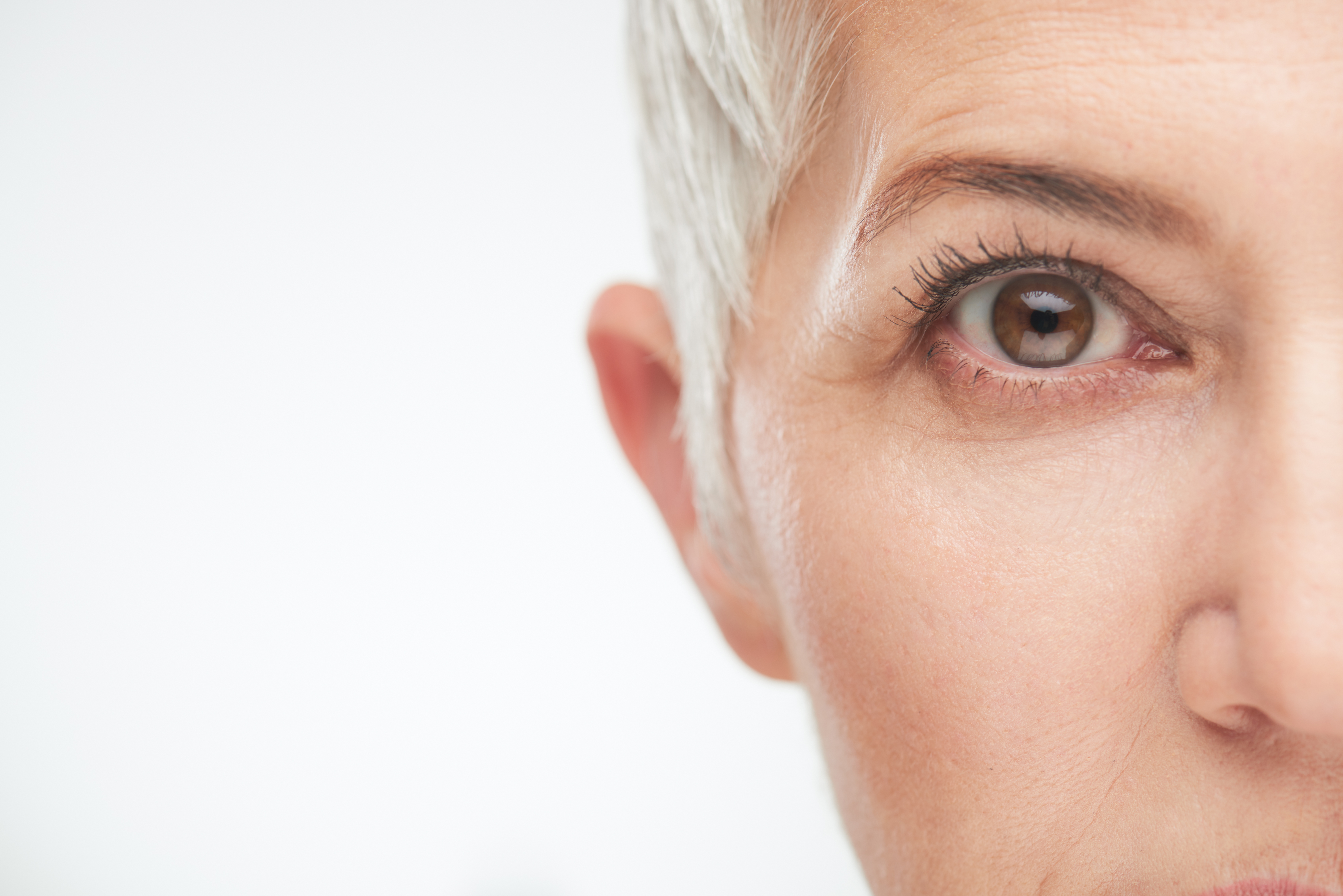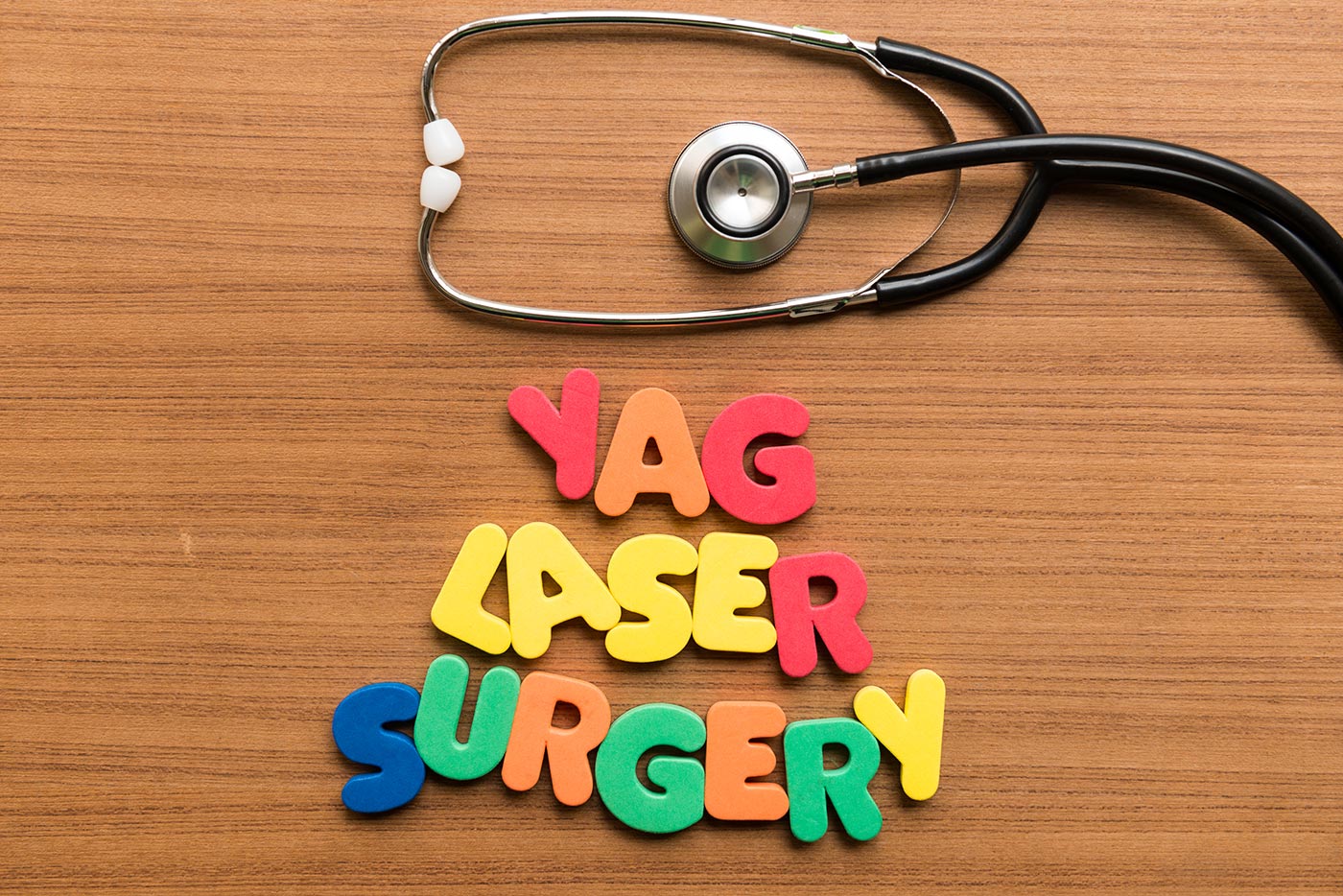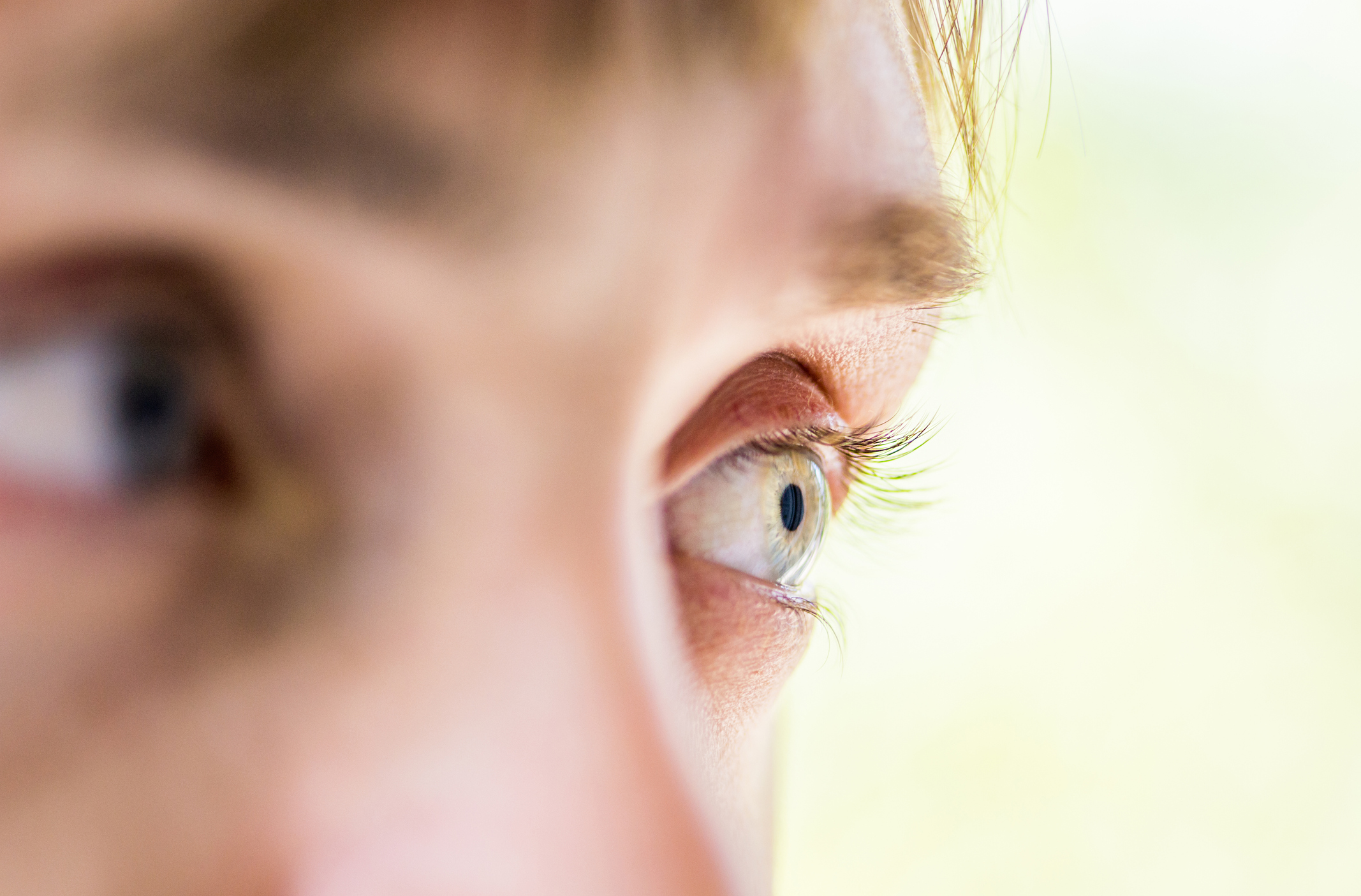While we often think about our physical health throughout our lifetime, it isn’t until after our 20s and 30s that we consider the future of our ocular health. Just as our joints and muscles experience age-related decline, so do our eyes.
How Does Your Eyesight Change?
Your 40s
The time for an eyeglass prescription has probably arrived. Some people may only need reading or computer glasses. But you may also need multifocal lenses.
This may be a time to consider LASIK. LASIK can be used to treat a number of ocular health concerns, including nearsightedness. With LASIK, you can enjoy a life free of glasses and contacts.
After 40, most people notice a difficulty in focusing on objects up close due to a natural hardening of the lens inside your eye. While this change can begin as early as 30, it can take decades to show side effects.
Keep in mind that the risk of glaucoma increases every decade after age 40.
Your 50s
During this decade there is often a need for more frequent changes in the prescriptions for your eyeglasses and contact lenses. A single prescription may no longer correct all your vision needs. You may need one pair of glasses for reading and computer tasks and another pair of glasses for everyday activity.
During your 50s you might start to experience dry eye, if you have not already.
Your 60s
According to the Mayo Clinic, about half of all 65-year-old Americans have some degree of cataract formation in one or both eyes. Glaucoma and macular degeneration are two other leading ocular health concerns.
You can take steps in your 20’s and beyond to help your eye health for the future. Keep these natural defenses in mind to keep your eyesight healthy.
• Stop smoking. Right now.
• Exercise regularly.
• Eat a balanced diet rich in green, leafy vegetables and fish.
• Maintain a normal blood pressure.
• Control diabetes.
• Wear sunglasses and a brimmed hat whenever in bright sunlight or when driving in direct sunlight.
• Wear protective eyewear when performing activities that may cause eye injury.
At any age, you should have regular eye exams with an optometrist or ophthalmologist.
Your world doesn’t have to be veiled. Our team at Capitol Eye Care would be more than happy to talk you through the eye’s aging process or any other eye health concerns you may have.
Call us: 573-635-0115
Or, visit us:
1705 Christy Dr., 101
Jefferson City, MO 65101





